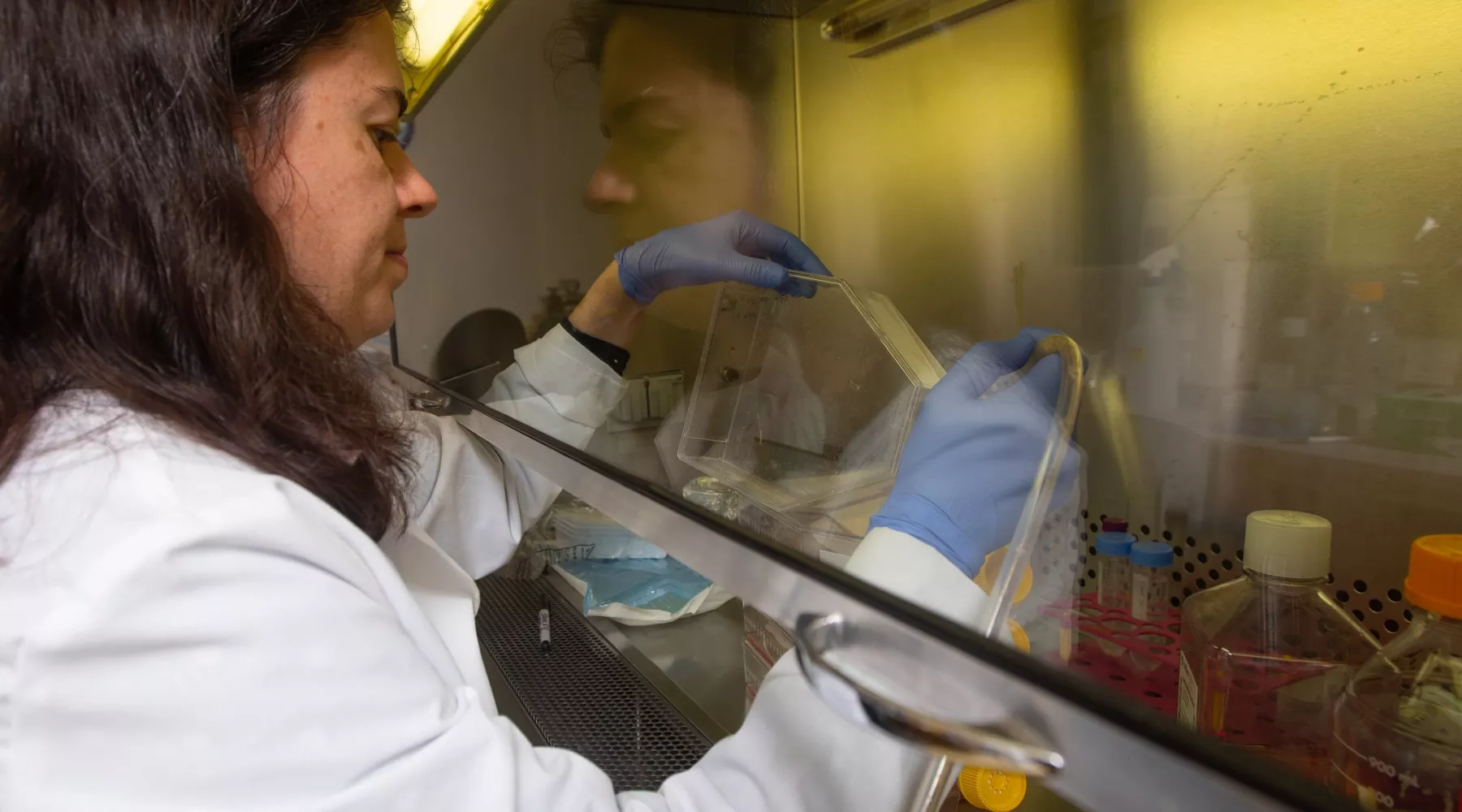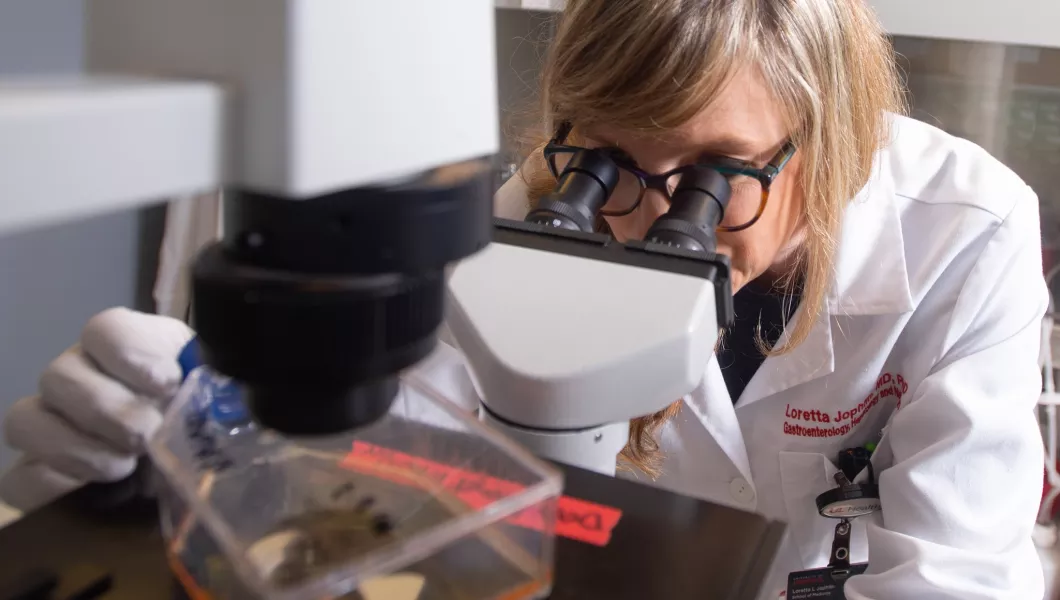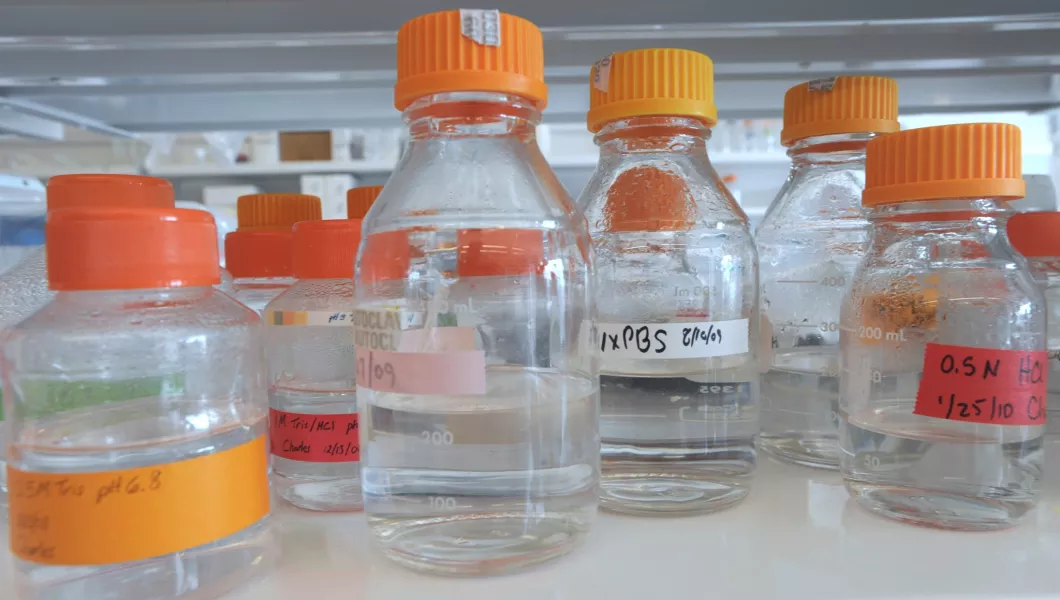
Institute of Nutritional & Metabolic Therapeutics
Bridging nutrition, science, and health through innovative, interdisciplinary research to transform our understanding of chronic metabolic diseases.
The UofL INMT
The University of Louisville Institute for Nutritional and Metabolic Therapeutics was created to serve as a regional/national resource to perform interdisciplinary collaborative research on the role of nutrition as a cofactor in chronic metabolic diseases/organ injury and to investigate nutritional and metabolic therapeutic interventions to prevent/treat these conditions.

Our scientists comprise a multidisciplinary group of investigators focusing on mechanisms and therapy for many chronic diseases, especially nutrition and diseases of the liver, gastrointestinal system and cardiovascular system, nutrition and the gut:liver:brain interactions, and nutrition and environment/toxicant/drug interactions.
We are a highly translational group and perform basic, translational and clinical research, with many ongoing clinical trials. We have unique animal models, and we interact extensively with other academic institutions and industry. Our resources encompass many state-of-the-art technical cores (e.g., ‘Omics) and a unique biobank of human and animal tissue. Several of our investigators have patents for their discoveries.
Our Centers
The Institute houses two main centers with two distinct but related areas of expertise including Alcohol Research and Hepatobiology & Toxicology.
Vist the home pages of each center using the links below to read more about their groundbreaking work and important research findings.
Alcohol Research Center
The University of Louisville Alcohol Research Center leads pioneering scientific investigations into alcohol's impacts on human health and behavior. Our interdisciplinary researchers explore the complex mechanisms of alcohol addiction through innovative basic and translational research. Discover how we're advancing understanding and treatment of alcohol-related disorders.

Hepatobiology & Toxicology COBRE
The University of Louisville Hepatobiology & Toxicology Research Center pioneers cutting-edge scientific investigations into liver health and environmental interactions. Our expert researchers explore the complex mechanisms of liver disease, toxicity, and cellular responses through innovative translational research. Discover how we're advancing critical understanding of hepatic health and environmental impacts.

